An Open Letter to Robert F. Kennedy, Jr. On Why Integrated Care Should Be a Cornerstone of the HHS Agenda
Integrated Care News by CFHA
APRIL 16, 2025
Ensure that the reorganized SAMHSA is closely aligned with the medical side of HHS programs including the Bureau of Primary Health Care, so that mental health priorities support physical health priorities and visa versa. Integrated care is already doing that—and we’re ready to help scale it nationwide. You don’t have to build it from scratch.


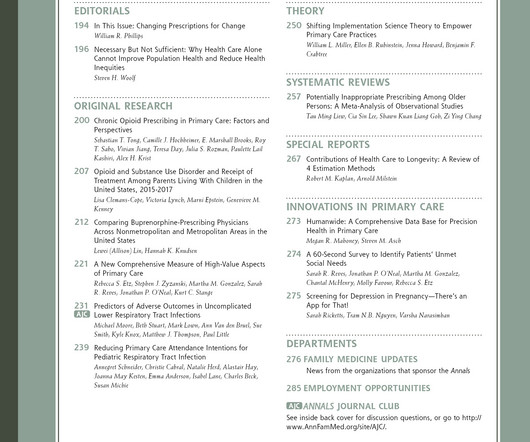



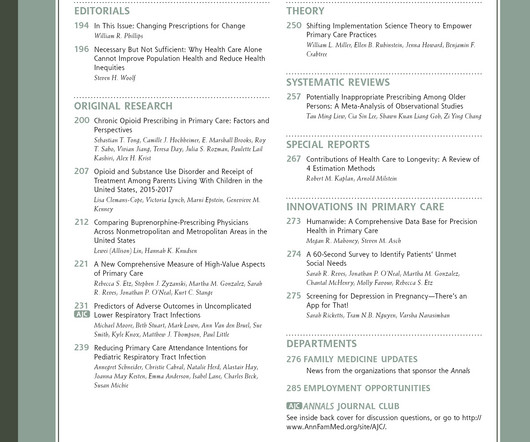
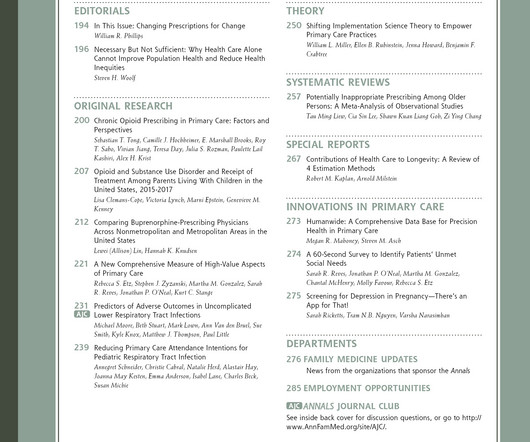

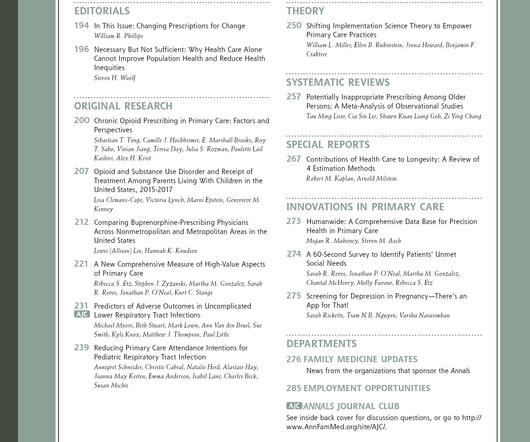



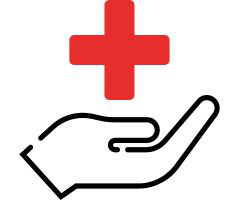


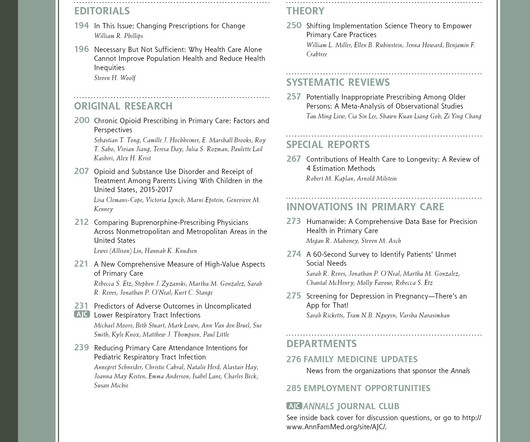










Let's personalize your content